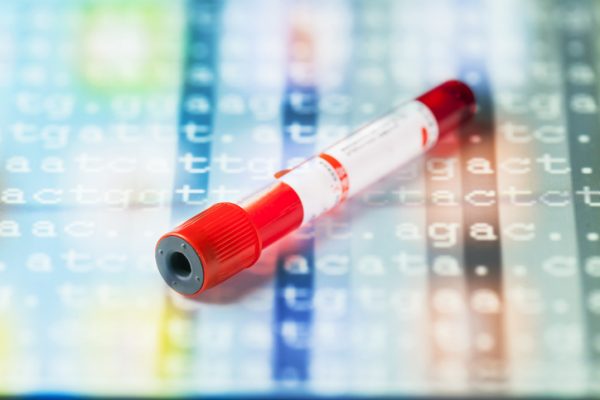
A startup focused on early detection of cancer that was spun out of one of the largest genetic analysis companies three years ago is now being acquired by the latter.
On Monday, San Diego-based Illumina said it would acquire Menlo Park, California-based Grail for $8 billion. Grail is focused on using technology like next-generation sequencing, population-level studies and computer and data science for early detection of cancers. Illumina founded the company in 2016, using its next-generation sequencing technology to develop data science and machine learning for early cancer detection, eventually raising $2 billion in startup funding. Illumina spun Grail off in March 2017. The total $8 billion acquisition price includes $3.5 billion in cash and $4.5 billion in shares of Illumina stock. Illumina already owns 14.5% of Grail.
Grail plans to launch Galleri, a lab-developed test to detect cancers early in the blood, commercially next year. The company says the test has greater than 99% specificity and 93% tissue-of-origin accuracy to detect at least 50 cancers, with 43% positive predictive value and 44% sensitivity for all cancer types.
Shares of Illumina (Nasdaq: ILMN) were down slightly in pre-market trading on the Nasdaq Tuesday and were down 2% when markets opened.
“Together, we have an important opportunity to introduce routine and broadly available blood-based screening that enables early cancer detection when treatment can be more effective and less costly,” Illumina CEO Francis deSouza said in a statement. “Multi-cancer early detection is better for patients, their physicians and payers.”
In a note to investors Tuesday, Cannacord Genuity analyst Max Masucci wrote, “We continue to view the acquisition as a ‘swing for the fences’ approach to entering the clinical markets, and we believe it will be at least 2 years before we can evaluate the value generation potential of the deal (in the context of its $8B price tag). We believe the deal is supportive of rich valuations in other cancer screening companies, both public ([EXACT Sciences], [Guardant Health], [Genetron Holdings]) and private (Freenome, Thrive, and more).”

A Deep-dive Into Specialty Pharma
A specialty drug is a class of prescription medications used to treat complex, chronic or rare medical conditions. Although this classification was originally intended to define the treatment of rare, also termed “orphan” diseases, affecting fewer than 200,000 people in the US, more recently, specialty drugs have emerged as the cornerstone of treatment for chronic and complex diseases such as cancer, autoimmune conditions, diabetes, hepatitis C, and HIV/AIDS.
Grail had filed a statement for a proposed initial public offering earlier this month. Illumina had sought to acquire Pacific Biosciences in 2018 for $1.2 billion, but regulators blocked the deal, and it fell apart at the beginning of the year.
According to Grail, late diagnosis of cancers can lead to a 79% mortality rate at five years, compared with just 11% when they are diagnosed early.
Several companies have been developing tests for early cancer detection. These include Thrive Earlier Detection, which raised a $257 million Series B funding round that it will use to fund its registration-directed clinical study. The challenge in earlier detection is overcoming false positives, with even rates as low as 1% making a potentially big difference because in larger populations, it can mean many patients still having to undergo tissue biopsy.
Photo: jxfzsy, Getty Images













